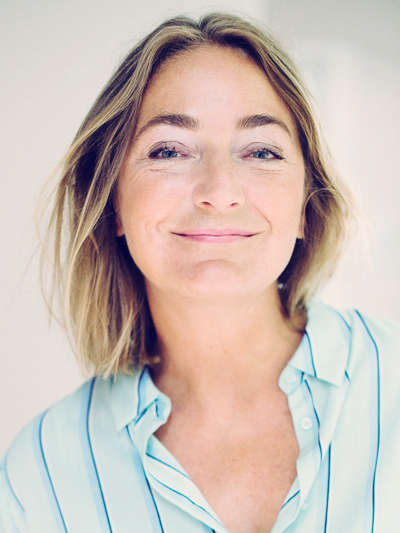Susan Bögels
University of Amsterdam. The Netherlands
Susan Bögels
University of Amsterdam. The Netherlands
 Bringing mindfulness to families: A developmental and relational perspective
Bringing mindfulness to families: A developmental and relational perspective
Mindful parents influence the parent-child relation and development of their children, mindful partners influence the quality of the partner relationship, which in turn will influence the partner’s mindful parenting and the wellbeing of the children, and mindful children influence their families. In this keynote mindfulness is approached from a family perspective. Evidence is presented on how mindfulness for the father, mother and their child affect the psychopathology and wellbeing in the whole family. I will demonstrate this system perspective using data from trials on mindfulness for families of a child with ADHD, autism-spectrum and behaviour disorders, on mindful parenting for parents of children with different forms of psychopathology, on mindful parenting for mothers with their baby or infant, and finally on mindful parenting for pregnant couples.
 CV
CV
Dr. Susan Bögels is a psychotherapist, specialized in Cognitive Behaviour Therapy and mindfulness for children and their families. She works as professor at the University of Amsterdam (UvA; the Netherlands) and provides teacher training in mindfulness for families at the center of Mindfulness in Amsterdam and around the world. She was the founder and for the first 10 years the director of UvA minds, an academic treatment clinic for parents and children in Amsterdam. Her main research themes are the intergenerational transmission of internalizing psychopathology, and particularly the role of the father, and mindfulness in parents and children. She has received many grants concerning RCTs on prevention and treatment programs for childhood anxiety disorders, and for implementation of these programs. She is associate editor of the international scientific journal Mindfulness and member of the DSM-5 anxiety disorders workgroup of the American Psychiatric Association.
Associates















